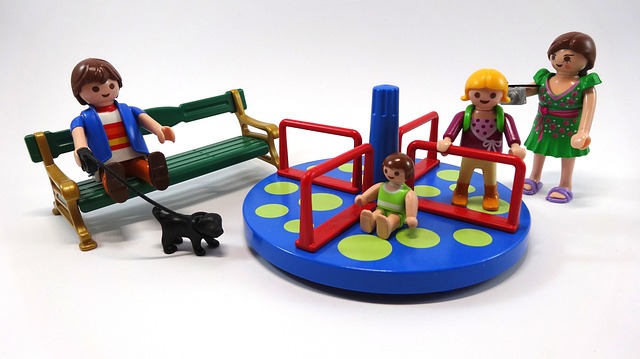What are the long term implications of helicopter parenting?
Helicopter parenting is a phrase used to describe a parent who hovers over their child’s actions. They remain close to their child at all times in case they need help or to keep a close eye on them. It can be linked to anxiety about a child or a fear of their failure.
Helicopter parenting is an easy trap to fall into, we want to protect our children and look out for them, we don’t want anything to happen to them. However, this can have long term implications for them.
Social development can be affected as if a parent resolves all disputes before a child has had an opportunity to resolve it themselves, that learning process hasn’t happened. For a younger toddler, that parental guidance allows a child to learn the things to say and do, but as they grow beyond 2 or 3, they’ll need more independence to try it out for themselves.
Self-esteem and anxiety levels can be affected by helicopter parenting too. If a child is reliant on their parent protecting them all of the time, then as they grow older they realise they don’t have the skills themselves, they become insecure in their skills. This lowers their self-esteem as the brain thinks that they must be stupid as they need their parent to do things for them and to keep them safe. This is further backed up by their social failure when their parent isn’t around and so it becomes a vicious cycle. Anxiety can then increase as they become more wary of their lack of skills and so they then become more dependent on the parent.
If you as a parent are worried about whether you are helicopter parenting or not, every time you want to intervene stop and ask yourself “what will help my child in the future.”



